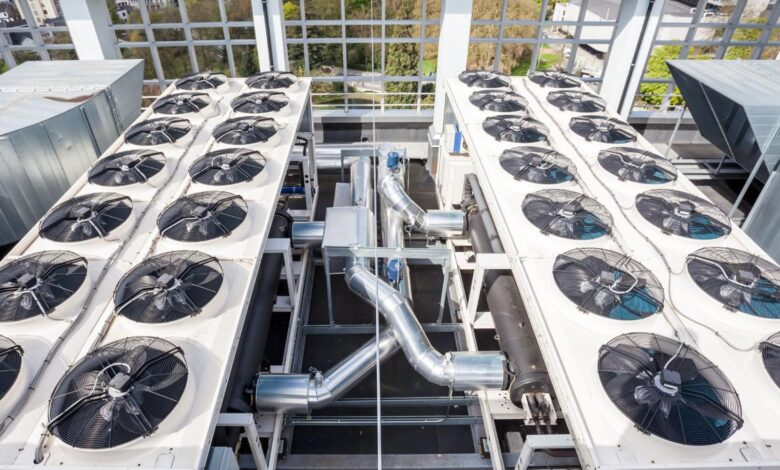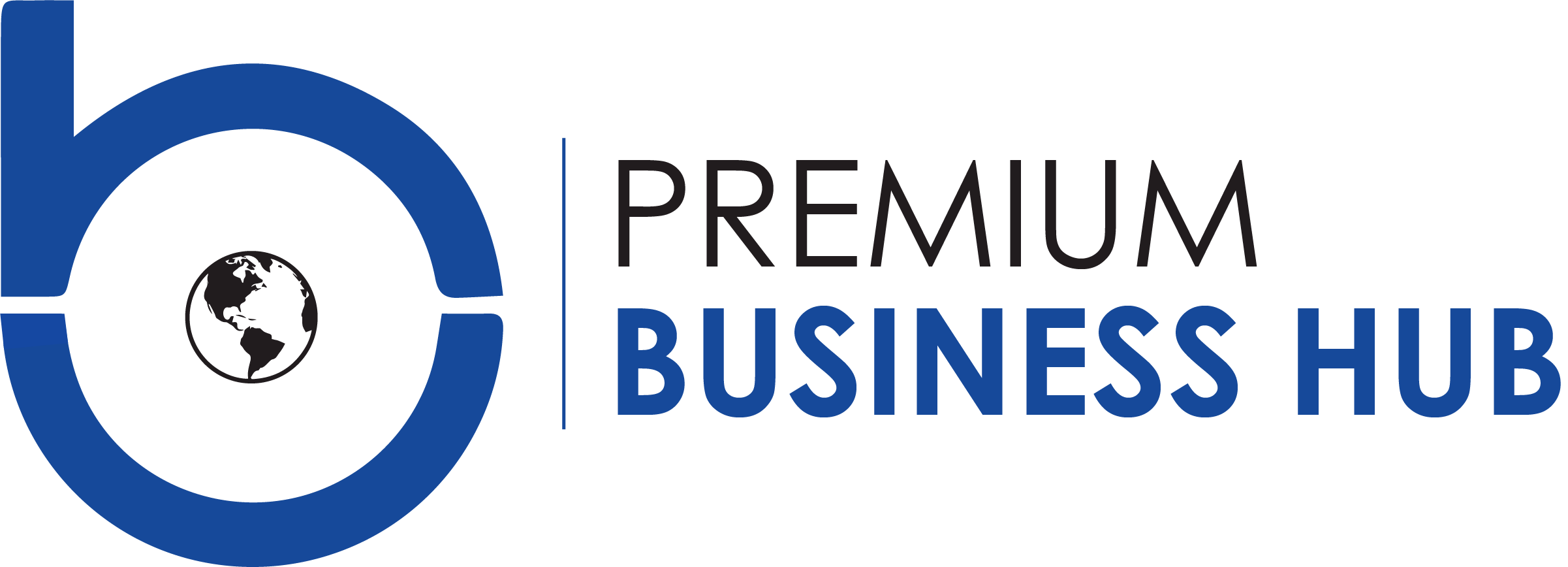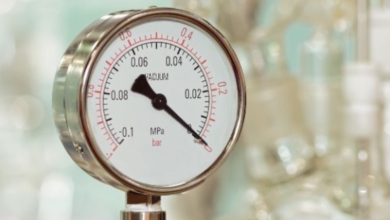10 Ways to Reduce Energy Costs with Commercial HVAC Systems

Managing energy costs is a top priority for businesses. Commercial HVAC systems often account for a significant portion of energy consumption in commercial buildings. Implementing strategies to optimize their efficiency can lead to substantial savings. Here are ten practical ways to reduce energy costs with commercial HVAC systems:
1. Regular Maintenance
Regular HVAC maintenance ensures that the system operates at peak efficiency. Schedule routine inspections to clean filters, check for leaks, and ensure all components are functioning correctly. A well-maintained system can save up to 15% on energy costs.
2. Upgrade to Energy-Efficient Equipment
Modern HVAC systems are designed with energy efficiency in mind. Replacing outdated equipment with ENERGY STAR-certified units or high-efficiency models can significantly reduce energy usage and operational costs.
3. Optimize Thermostat Settings
Programmable or smart thermostats allow businesses to set temperature schedules tailored to operating hours. Avoid overcooling or overheating spaces during non-business hours to conserve energy.
4. Seal Ductwork
Leaky ducts can result in up to 30% energy loss. Inspect and seal ductwork to ensure conditioned air reaches its intended destination without waste.
5. Implement Zoning Systems
Zoning divides a building into areas that can be heated or cooled independently. This approach ensures that energy is directed only to occupied areas, avoiding unnecessary energy usage.
6. Use Energy Management Systems
Energy management systems (EMS) provide real-time insights into energy usage patterns. These systems enable businesses to identify inefficiencies and make data-driven adjustments to HVAC operations.
7. Enhance Insulation and Weatherproofing
Proper insulation and sealing of doors and windows help maintain indoor temperatures. This reduces the workload on HVAC systems and minimizes energy consumption.
8. Conduct Regular Energy Audits
Energy audits identify inefficiencies and recommend cost-effective improvements. HVAC-specific audits can reveal issues such as outdated equipment, improper system sizing, or operational inefficiencies.
9. Utilize Natural Ventilation
During moderate weather, leverage natural ventilation to reduce HVAC reliance. Opening windows or using ventilation systems can circulate fresh air without additional energy costs.
10. Invest in Variable Frequency Drives (VFDs)
VFDs adjust the motor speed of HVAC fans and pumps to match the building’s requirements. This prevents energy wastage by avoiding full-speed operation when it isn’t needed.
Conclusion
Reducing energy costs with commercial HVAC systems is about implementing smart strategies and leveraging technology. From regular maintenance to advanced systems like VFDs and energy management platforms, businesses can achieve significant savings while maintaining comfortable indoor environments. Start with one or two of these strategies and gradually adopt more to maximize efficiency and savings over time.
Looking for HVAC solutions to improve energy efficiency in your commercial property? Contact us today to learn more!




